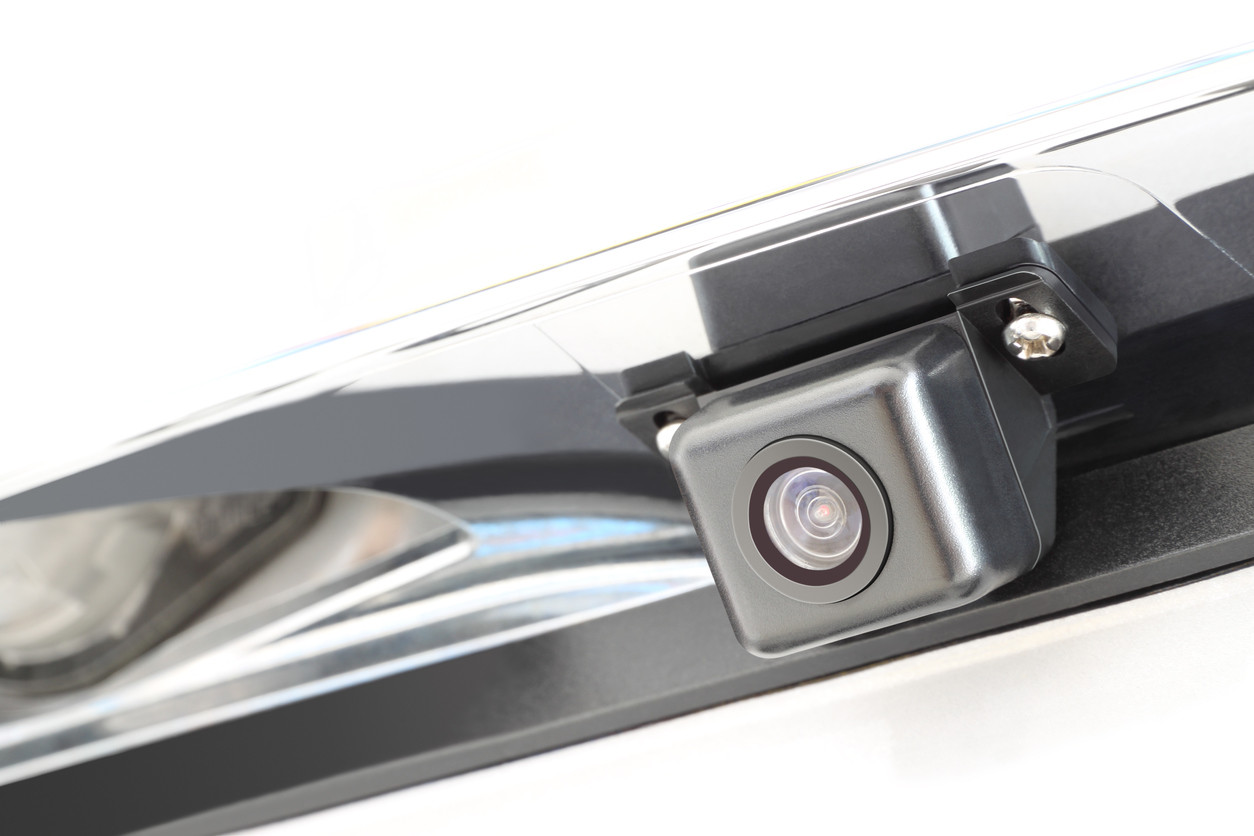Most people are aware that their personal computers contain cameras that can be used for Skype and other recording purposes. But did you know that automakers are installing internal-facing cameras that are monitoring drivers?
The Tesla Model 3 has a relatively simple centre console that includes a touchscreen panel that displays the vehicle’s functions. Just above eye level on top of the rear-view mirror is a tiny camera. The owner’s manual notes that the camera is not currently operational but, reported Consumer Reports, it “might be used in potential future features which could be added to Model 3 with software releases.” The manual also advises owners to keep the camera lens clean and “free of obstructions.”
Tesla did not reveal any details about the camera’s function to CR, but it did point out that the company would notify owners before the camera was turned on.
General Motors is using internal-facing cameras in its 2018 Cadillac CT6 with Super Cruise driver assistance. A camera is mounted on the steering column to monitor driver distraction. Subaru is expected to install comparable technology in its 2019 Forester. Both automakers told CR that the cameras do not capture or store video.
Driver-monitoring technology can be very beneficial to safety, particularly when it comes to driver distraction. It’s just one piece of a bigger puzzle in the auto industry. It’s not uncommon for new cars or trucks to have external-facing cameras and sensors that check all sorts of data. The information is used to enable forward-collision warning, automatic emergency braking, adaptive cruise control, and other systems.
While part of the data from these sensors remains with the vehicle, some automakers such as BMW, GM, Nissan, Tesla and Toyota are using it to compile information about both cars and drivers—a financially lucrative move. The automotive industry is set to make billions from the practice.
Car manufacturers are heavily focusing on building self-driving vehicles. But in order to make autonomous cars safe and dependable, automakers require driver data, which is gathered through connected cars.
Many automakers claim that consumer privacy is paramount. Most car companies selling vehicles in the United States adhere to voluntary guidelines issued by the Alliance of Automobile Manufacturers and the Association of Global Automakers. However, there are concerns that the guidelines aren’t good enough.
“Consumers shouldn’t have to read every detail of a complicated contract when they’re being pressured to complete a sale or to dig through their 500-page owner’s manual, or search the web for privacy information they don’t even know may be there,” David Friedman, director of cars and product policy and analysis at Consumers Union, told CR. “It’s unfair to expect consumers to constantly play defence.”


